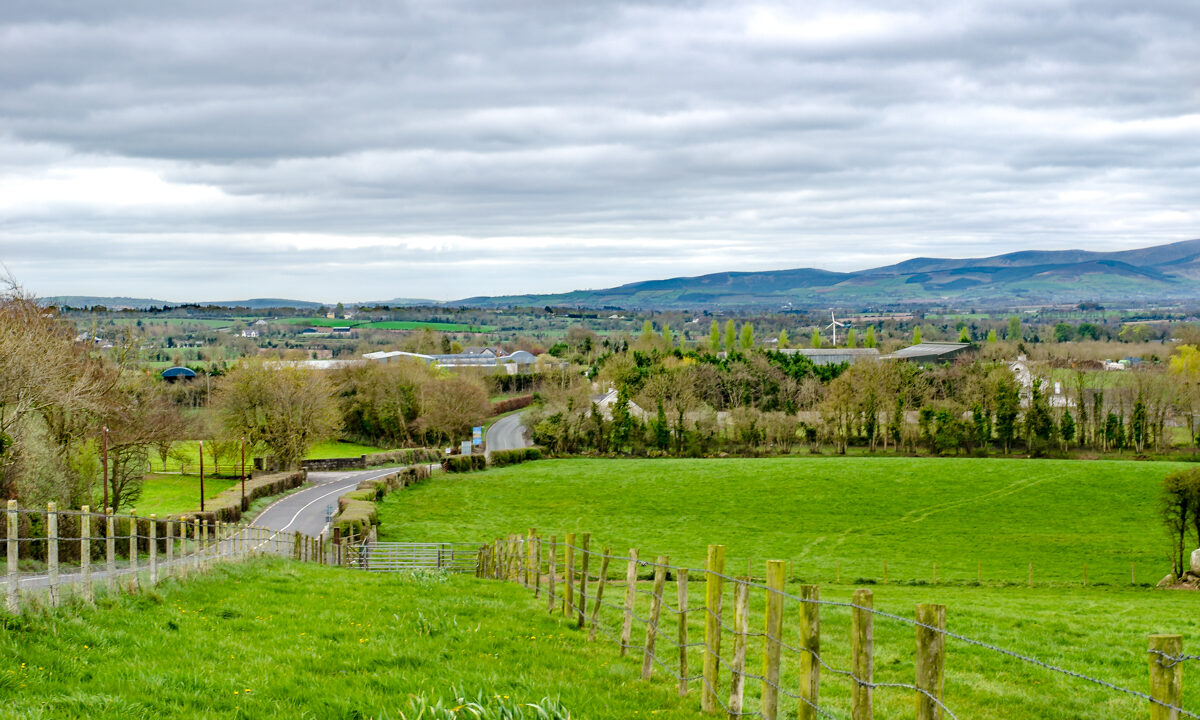There are “8,000 waiting on home energy improvements as punitive carbon tax is set to rise” according to a Sinn Féin TD.
Speaking today (Monday, October 12), the Meath East TD said there is a backlog of 8,000 homes under the Better Energy Warmer Homes Scheme, which aims to improve the energy efficiency and warmth of homes owned by pensioners and people on lower incomes.
“It is a vital scheme that aims to reduce energy costs for those who can least afford them, through the installation of insulation, lagging jackets or heating upgrades,” he said.
“However, due to Covid-19 restrictions this year, a backlog of 8,000 has now developed under this scheme.”
The deputy said that in 2019, 3,142 homes were completed, so this backlog is “very substantial and will take a considerable time to clear”.
In the absence of these planned works, many vulnerable people won’t have energy upgrades made to their homes and are now facing a cold winter with higher energy bills.
“This is set to be compounded this week as the government’s carbon tax is set for a substantial increase, which will push up fuel prices.
“Combined with the increase in the electricity PSO [Public Service Obligation levy] and price hikes from energy providers, people will be facing a three-pronged attack in energy costs at the time they can least afford it.”
The deputy said he has called on the government to change tact when it comes to the carbon tax, and that “financially penalising people who have no alternatives is only going to make their situation worse”.
Sinn Féin has called for an energy price freeze.
“If experience to date is anything to go by, this government simply will not listen, meaning many more people will struggle to meet their fuel bills this winter, when they can least afford it,” deputy O’Rourke concluded.
